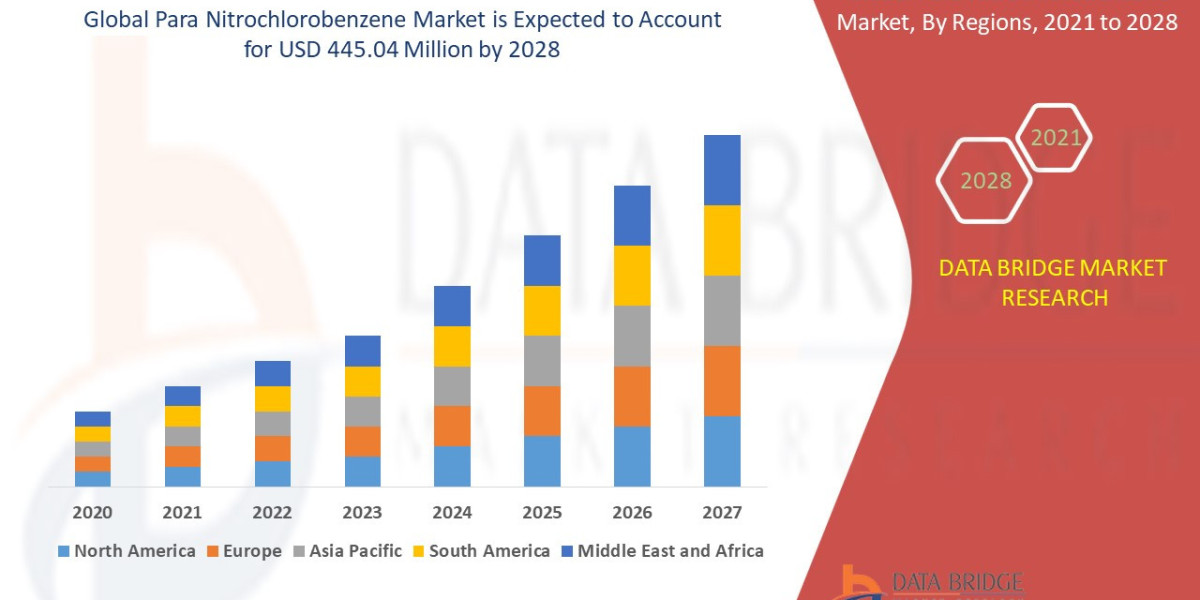The year 2025 marks a pivotal moment in the pharmaceutical industry, as precision medicine has firmly taken center stage, driving a revolution in how diseases are understood, diagnosed, and treated. Here in Pune, Maharashtra, and across the globe, the traditional "one-size-fits-all" approach to pharmaceuticals is rapidly giving way to therapies tailored to the unique biological characteristics of individual patients. This paradigm shift, fueled by advancements in genomics, proteomics, and sophisticated diagnostics, is ushering in an era of more effective, targeted, and ultimately, more personalized healthcare.
The ability to analyze an individual's genetic makeup has been a cornerstone of this revolution. By identifying specific genetic variations that contribute to disease susceptibility, progression, and drug response, pharmaceutical companies are developing therapies that target these precise molecular mechanisms. In 2025, we are witnessing the widespread adoption of companion diagnostics – tests that identify patients most likely to benefit from a specific precision medicine. This is particularly evident in oncology, where tumor genomic profiling guides the selection of targeted therapies that attack specific mutations driving cancer growth.
Beyond genomics, the revolution of 2025 encompasses advancements in understanding the complex interplay of proteins (proteomics), metabolites (metabolomics), and the microbiome in disease. Pharmaceutical research is leveraging these "omics" technologies to identify novel drug targets and develop therapies that address the intricate biological pathways underlying various conditions. This holistic approach allows for the creation of drugs that are not just reactive to symptoms but proactive in addressing the root causes of illness at a molecular level.
The impact of precision medicine is being felt across a spectrum of therapeutic areas. Rare diseases, often caused by single gene mutations, have seen significant progress with the development of targeted gene therapies and antisense oligonucleotides. In autoimmune disorders, understanding the specific immune pathways dysregulated in individual patients is leading to the development of more selective immunomodulatory agents. Even in common conditions like diabetes and cardiovascular disease, precision medicine approaches are emerging to identify patient subgroups who will respond best to particular treatments, optimizing therapeutic outcomes and minimizing adverse effects.
In India, including the thriving pharmaceutical hub of Pune, the adoption of precision medicine is gaining momentum. Local research institutions and pharmaceutical companies are increasingly investing in genomic sequencing capabilities and collaborations to participate in this global revolution. The potential to provide more effective and affordable healthcare through precision medicine is particularly significant in a diverse population like India, where genetic variations can influence disease prevalence and drug response.
The ethical and regulatory considerations surrounding precision medicine are also evolving rapidly in 2025. Issues related to data privacy, equitable access to advanced diagnostics and therapies, and the interpretation of complex genomic information are being actively addressed to ensure responsible and widespread implementation of these groundbreaking approaches.
In conclusion, the pharmaceutical revolution of 2025 is undeniably driven by the ascendance of precision medicine. The ability to tailor therapies to individual biological characteristics is transforming drug discovery, development, and clinical practice. From Pune to the world, this paradigm shift promises a future of more effective, targeted, and personalized treatments, ultimately leading to improved patient outcomes and a fundamental reshaping of healthcare.
Related Reports:
France Rapid Diagnostics Market
Germany Rapid Diagnostics Market
Italy Rapid Diagnostics Market
South America Rapid Diagnostics Market








